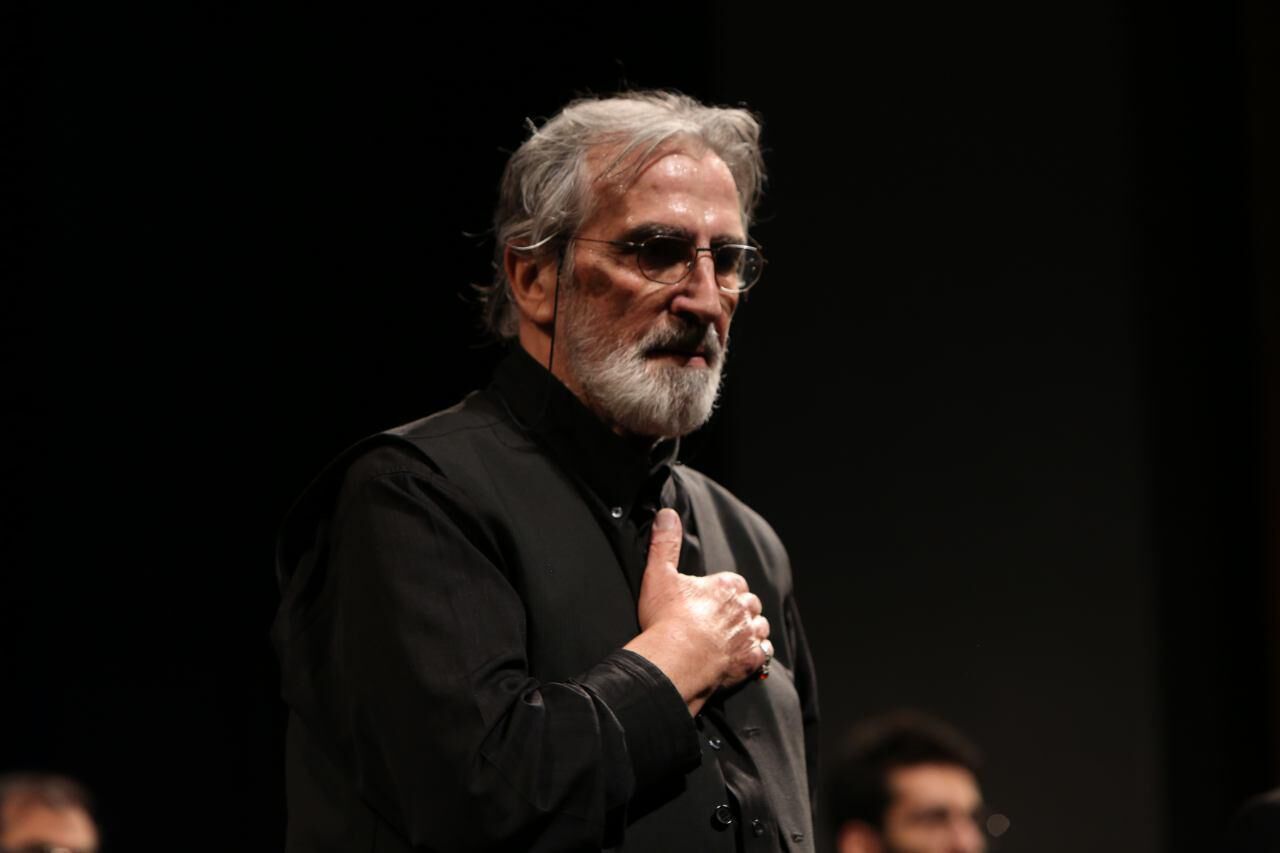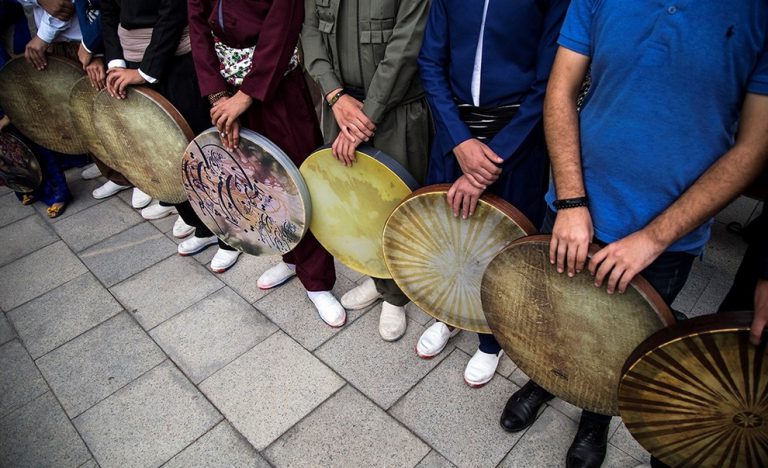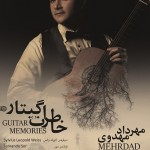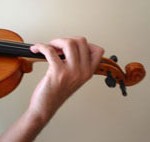
A Musical Legacy
Fereydoun Shahbazian, the renowned Iranian composer, passed away at the age of 82 due to respiratory illness in Tehran. His last significant activity was leading the National Orchestra before the appointment of Homayoun Rahimian.
Born in 1942 in Tehran, Fereydoun was immersed in music from a young age. His father, Hossein Shahbazian, a violinist and a Abolhassan Saba student, was a radio orchestra member. At just eight years old, Fereydoun began learning music by playing the violin under the guidance of Ataollah Khadem Misagh. He later studied with his Russian teacher, Serge Khotziv, until completing his primary education.
He continued his violin studies at night classes with Luigi Pasanari, the concertmaster of the Tehran Symphony Orchestra at the time. At eighteen, he joined the Tehran Symphony Orchestra under the baton of Hashmat Sanjari and subsequently collaborated with the Golha Radio Orchestra.
**The Maestro Behind Iconic Collaborations
During Houshang Ebtehaj and later by Javad Maroufi’s management of the radio music, Shahbazian became a key figure in the organization. It was during this time that he began his serious work as a composer, producing pieces featuring artists such as Elahé, Pari Zangeneh, Shajarian, and Nader Golchin.
In 1976, he was appointed the conductor of the radio choir and symphony orchestra and collaborated with Ahmad Shamlu and Shajarian to record a joint album titled “Rubaiyat of Khayyam,” which remains one of his most beloved works. He also composed music for several albums featuring Ahmad Shamlu and Houshang Ebtehaj
*A Pioneer of Post-Revolutionary Classical and Pop Music
After the revolution in the 1980s, Shahbazian turned his talents to film scoring. He was actively involved in radio councils from the early years of the Islamic revolution and produced numerous musical works that were composed polyphonic and had arranged to have multi-parted harmonies. Among his most significant and best-selling works are the albums “Soroush Asmani” and “Charkh e Gardoon,” based on compositions by Ali Tajvidi, featuring vocal performances by Ali-Asghar Shahzidi and “Bouye Gol (Shabahang)” sung by Abdolhossein Mokhtabad.
Shahbazian’s experience in radio music before the revolution positioned him to initiate an influential movement in post-revolutionary pop music during the early 1990s. Consequently, many have dubbed him the father of post-revolutionary pop music. He also played a crucial role in introducing several pop singers, particularly Mohammad Esfahani, to the music community.
Fereydoun Shahbazian held the baton of the National Orchestra of Iran from September 2016 until April 2019. After resigning from his artistic management and permanent leadership role, he was appointed as a music consultant for the Rudaki Foundation, from which he also stepped down on May 21, 2019.
In April 2021, while recording music for the television series “Yavar,” Shahbazian suffered fractures in his right hand and pelvis. After being transferred to the hospital, despite needing immediate surgery due to the urgency of preparing music for the series broadcast, he refused hospitalization and surgery at the insistence of the “Yavar” production team and completed the music for five episodes before undergoing surgery.
Fereydoun Shahbazian had been hospitalized recently due to respiratory issues and passed away on January 12, 2024, due to acute respiratory complications.









